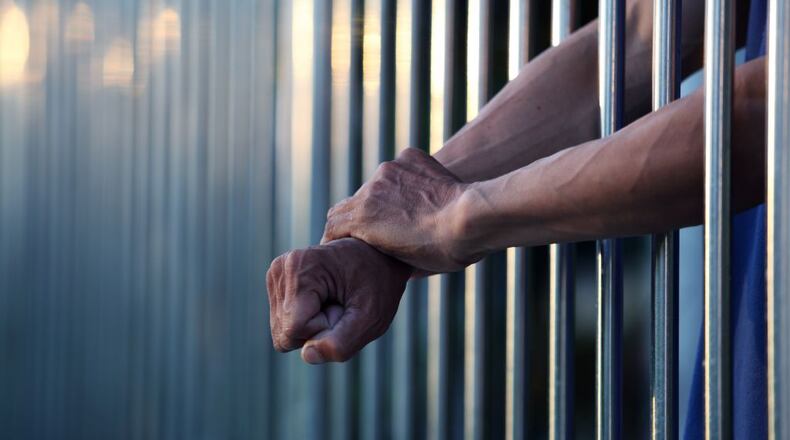Related: Ohio looking to change bail system, focusing less on money
O’Connor on Wednesday announced she’ll form a 24-member task force to examine Ohio’s bail system, compare it to other states, study recent litigation over cash bail and make recommendations to the seven-member supreme court by April.
Bail has two purposes: make sure the accused show up for court and to protect the public from harm.
Last year, the ACLU of Ohio, Buckeye Institute, Justice Action Network and O’Connor advocated for sweeping changes to how Ohio courts set bail for defendants, who have yet to have their day in court. But legislation calling for reforms stalled in the Ohio House last year.
Roughly 57 percent of inmates in Ohio jails are not there serving a sentence but instead are awaiting trial, according to the Ohio Department of Rehabilitation and Correction data. Ohio courts should look at risk factors, not bank accounts, when deciding who goes free on bail and who stays locked up, according to advocates for bail reform.
Related: Bill in Ohio House seeks to give judges more say in bail decisions
Related: Bondsmen oppose effort to move Ohio away from cash bail system
Bondsmen, whose business is based on the cash bail system, have opposed reforms. The bondsmen last year testified that other states have abandoned “risk assessment” systems that gauge the likelihood a defendant will show up in court or cause more public harm.
O’Connor’s task force won’t be the first to study the bail system. A 34-member group led by the Ohio Criminal Sentencing Commission in June 2017 recommended reforms, including cutting back on the reliance on money bail.
And in March 2017, the ACLU of Ohio issued a report that said money bail is out of reach for thousands of low-income people awaiting their day in court. Ohio’s punitive bail system is costly, racially biased, counterproductive, and a key driver of mass incarceration. People suffer in local jails while awaiting trial, and low-level offenses such as drug possession cause many working Ohioans to lose their jobs.
About the Author

